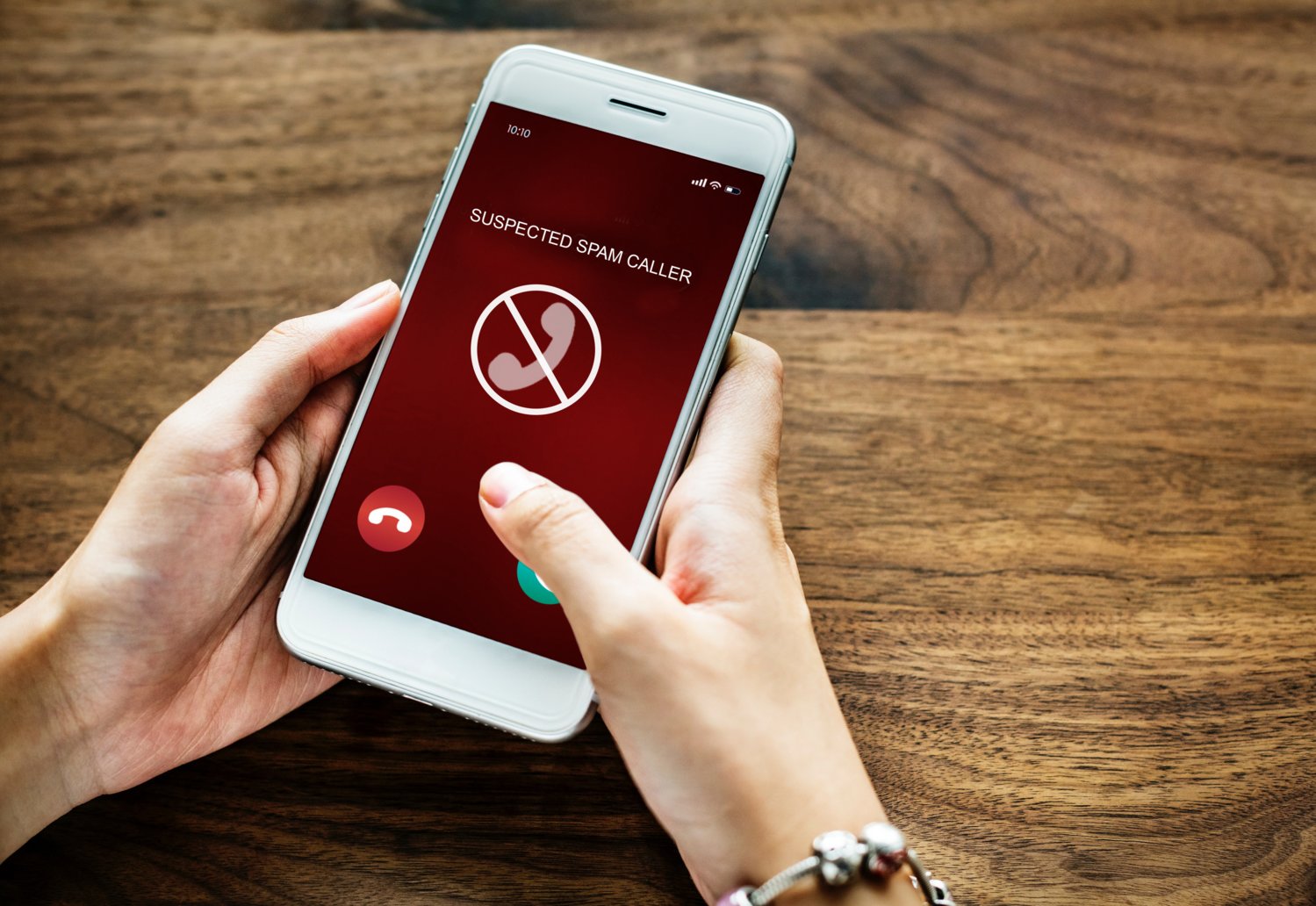Wondering about those scam phone calls? Here’s what you need to know
Telephone scams have risen sharply in the last several years, largely due to the widespread adoption of cellular phones. First Orion, a company specializing in call-blocking technology, reports that only 3.7% of phone calls made in 2017 were identified as spam. That figure grew to 29% in 2018, and in 2019, that percentage is expected to rise to a whopping 45%. The reason is simple: money. MarketWatch estimates that phone scams cost Americans roughly $9 billion each year.
In the first three quarters of 2018, Rhode Islanders filed 2,251 fraud reports with the Federal Trade Commission; the median loss among all age groups was $413. Median losses among seniors (aged 60+) were significantly higher, ranging from $599 (ages 60-69) to $1,670 (80 and over). The FTC estimates that fewer than 20% of seniors report fraud losses.
The most common phone fraud is the so-called “impostor scam,” in which the caller poses as a friend or family member (the FTC reports that scammers often pose as a grandchild), or as a representative of a government agency or familiar business. Scammers use high-pressure tactics to trick victims into making rash decisions. They often demand payment of medical bills, bail money or tax debts, insisting that these be paid by gift card or other untraceable methods. As long as scammers can fake their caller ID and use their anonymity to stay ahead of law enforcement, consumers must know how to protect themselves before falling victim to fraud. We offer the tips below, sourced from numerous government websites, as a guide:
- Don’t answer calls from unknown numbers. (If it’s important, the caller will leave a message.)
- Don’t give callers any personal or financial information. Keep your credit card, checking account and Social Security numbers to yourself. Don’t give them to callers you don’t know — even if they ask you to “confirm” this information.
- If a caller claims to be with a bank, hospital or other institution and demands money or personal information, hang up and call the company directly.
- Don’t give in to high-pressure tactics.
- Be wary of anyone offering a free vacation or other prize. If something is truly free, no one will ask for your credit card information.
- Be suspicious of caller ID, as scammers can change the number that appears on your display.
- If a caller insists upon payment in the form of gift cards, wire transfers or prepaid debit cards, it’s likely a scam.
- The IRS will not threaten you or demand payment over the phone. It initiates most contacts through regular mail. To reach the IRS, call 800-829-1040.
- Don’t provide an unknown caller with access to your computer.
- Remember that legitimate law enforcement agencies don’t demand payment by phone.
- If it sounds too good to be true, it probably is.
- To contact Social Security, call 800-772-1213.
- Add your name to the National Do Not Call Registry; this will stop calls from legitimate telemarketing businesses. Visit donotcall.gov, or call 888-382-1222 from the phone you want to register (TTY: 866-290-4236).
- The FTC encourages consumers to file a complaint whenever they have been the victim of fraud, identity theft, or other unfair or deceptive business practices. They can do it online, or by calling the FTC’s Consumer Response Center at 877-FTC-HELP (877-382-4357).
- When in doubt, hang up.
MICHAEL SCHEMAILLE (mschemaille@jewishallianceri.org) writes for Jewish Rhode Island and the Jewish Alliance of Greater Rhode Island.








